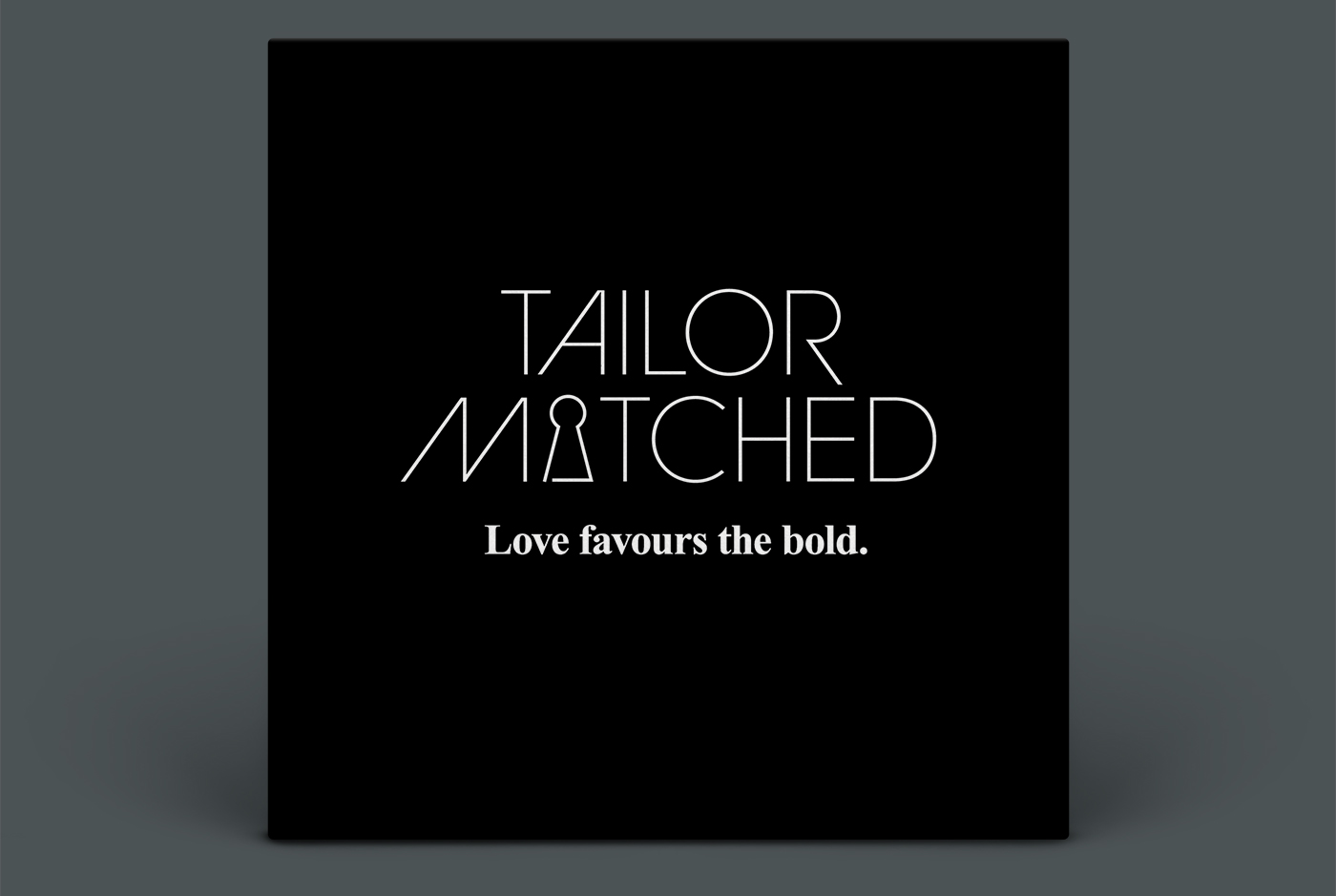As a monthly contributor to Killing Kittens, Tailor Matched founder Asa Baav discovers whether three is a crowd, or the secret to true happiness in this month’s blog
As a dating and relationship coach, this subject has been coming up more and more in conversations with clients and friends. In a city like London, with its diverse population of free-thinkers and boundary-pushers, perhaps this is no wonder. So, could stepping beyond the confines of a monogamous relationship be for you? Let’s find out.
Your Guide To Polyamory, Open relationships and Ethical Non-monogamy
With so many different terms for non-monogamy, let’s get some clarity on what they each mean…
- Open relationships are committed but one or both partners has a desire for sexual relationships outside of each other.
- Polyamory is committed but not exclusive in terms of love and/or sex and/or commitment and can have intimate, loving relationships with multiple people.
- Ethical non-monogamy is an umbrella term for any physical or romantic partnership not based on exclusivity and can involve any number of people.
- And to make things even more complicated, there’s “monogamish”, a term popularised by Dan Savage to mean when a couple is mostly monogamous but allows the occasional sexual relationship with others according to predetermined rules.
In my experience of ethical non-monogamy, both living the lifestyle and working as a dating and relationship coach, I have learned that there is no one-size-fits-all approach.
The great thing is, once you’ve decided that you can include other people or lovers in your relationship, you can make it whatever you want. It’s up to you to decide what feels comfortable.
Are you looking for more love or more sex?
Open relationships often start when one or both partners desire sex with people outside the relationship. Let’s face it, keeping the sexual spark alive in long-term, committed relationships can be challenging, and people I talk to don’t want to end the relationship or stray from it by cheating.
The idea with an open relationship is that you’re not looking to fall in love with other people, but do want to explore sexually outside the relationship.
In polyamory, (“poly” meaning many, and “amory” meaning “love” or “lovers”) the whole point is to fall in love with multiple people, and there’s not necessarily any relationship hierarchy. For example, someone could enter into two separate relationships at the same time and view each as equal.
In their nature, poly relationships are open, since they involve more than two people. But not all poly groups are looking to add more people to the dynamic, and aren’t always actively dating. This is called closed poly, meaning the group includes multiple relationships, but there’s an expectation that no one involved is expanding the group.
What is the “ethical” part of non-monogamy about?
So many people find themselves unable to communicate in their relationships, being tempted to stray (and actually doing so with one-night stands or even a full-blown affair), and wondering if there’s something wrong with them. I wish that everyone could give themselves the chance to explore whether monogamy might just not be for them!
“Ethical” non-monogamy implies that all parties are being treated respectfully, and that enthusiastic consent to the arrangement has been given by everyone involved.
The ethical part all comes down to communication of two essentials: boundaries and limitations. Define the rules of the game according to what works for you. For example,
- Are sleep-overs allowed?
- Can you sleep with mutual friends?
- What happens when feelings get involved?
- Do you want to raise kids together?
- Are there any sexual acts off limits?
- How often can you sleep with other people per week/month?
The options are truly endless, but it’s essential that before entering into an open or poly arrangement, that everything is on the table for discussion.
Could non-monogamy be right for you?
So, I know what you’re thinking. If you’ve been in a committed relationship for any length of time you know the pitfalls of misunderstanding, rejection and potential jealousy.
When we’ve grown up thinking of monogamy as the ONLY relationship template, the idea of adding another person into the mix can seem crazy!
But, for couples who have learned to communicate their emotional and sexual needs, listen to each other and set clear boundaries, non-monogamy can be a shared experience that brings you even closer together.
The thing about ethical non-monogamy that we could all do with learning:
Successful, healthy relationships require complete honesty, open communication, recognition that one person can never meet all of our needs, respect – and ideally a big old dose of humour thrown in to sweeten the deal.
So, what do you think? Would you like to give an open relationship a try?
Asa Baav is founder of Tailor Matched, dating for the wild at heart. If sexual compatibility is important to you, join the matchmaking community today for free, by creating your introductory profile here.

